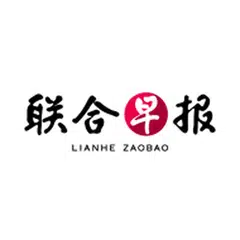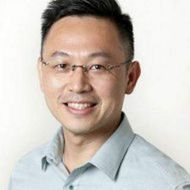Foxconn's Terry Gou may yet be the kingmaker in Taiwan presidential race
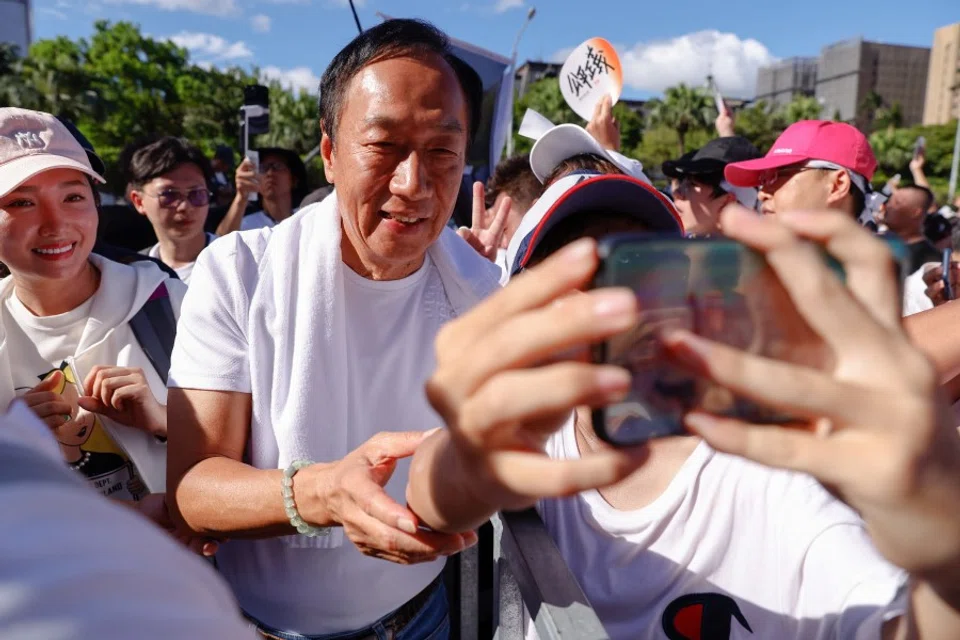
Following Taiwan's ruling Democratic Progressive Party (DPP) presidential candidate William Lai's op-ed in the Wall Street Journal, Foxconn founder Terry Gou - who is more aligned with the opposition Blue camp - wrote to the Washington Post to express his views on cross-strait policies.
This is yet another high-profile showcase of where Gou stands on cross-strait policies following his "peace declaration" in Kinmen in May. While the declaration was meant for both sides of the Taiwan Strait, his op-ed was written for an international audience. True to his imposing nature, Gou styled himself as a "leading member of the opposition" in his piece.
Worried about an 'unhealthy dependency' on the US
Even though he was a step behind Lai, Gou is still the first non-Green presidential hopeful to write to the Western media. By calling himself a leading member of the opposition, he has succeeded in making both the KMT candidate Hou You-yi and Taiwan People's Party (TPP) candidate Ko Wen-je look passive. At the same time, he showed his staunch ambition to participate in the upcoming presidential election. At the very least, he wants to be a kingmaker in an opposition alliance and is unwilling to play a lesser role than Hou or Ko.
In Guo's opinion piece published by the Washington Post on 17 July, he expounded the cross-strait policies of the pro-Blue camp. Using Lai's article in the Wall Street Journal as his basis, Gou criticised Taiwan President Tsai Ing-wen and her deputy Lai for refusing to accept the "one China" framework. He also advocated that Taiwan utilises the framework to negotiate directly with China and worried about Taiwan's "unhealthy dependency" on the US.
Gou highlighted that shortly after Tsai became Taiwan's president in 2016, China cited her refusal to accept its interpretation of the 1992 Consensus as a justification to end cross-strait talks.
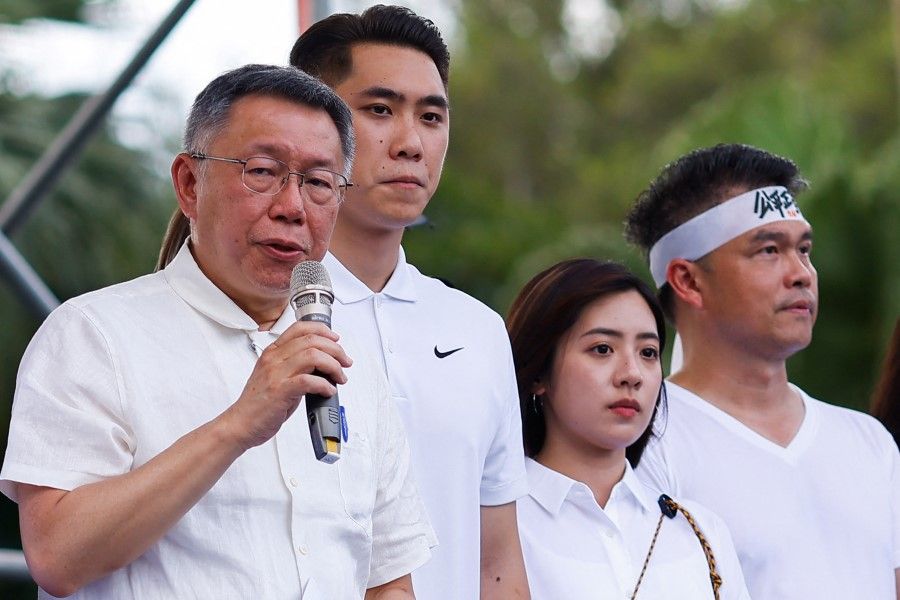
Gou also felt that the DPP leadership has only made the situation more tense. He said that under the so-called 1992 Consensus, Taiwan and China agreed to accept the framework of "one China" and held discussions that over the years resulted in a number of productive agreements. Gou highlighted that shortly after Tsai became Taiwan's president in 2016, China cited her refusal to accept its interpretation of the 1992 Consensus as a justification to end cross-strait talks.
Gou proposed the "immediate resumption of direct cross-strait negotiations between Taiwan and China" as he believes this is "the only way to truly ease tensions and to preserve Taiwan's democracy, freedom and rule of law". He also said that his "extensive business dealings and personal experience with China" with both its leadership and its people tells him that this is an achievable aim.
Gou's emphasis on direct negotiations and for Taiwan to be less reliant on the US makes him more progressive than Hou and Ko.
In competition for KMT votes
Gou's Washington Post op-ed struck a similar tone to his Kinmen peace declaration. However, his worry over Taiwan's "unhealthy dependency" on the US, emphasis that Taiwan needs to be responsible for itself, and proposal for the immediate resumption of direct cross-strait talks reinforce his position that Taiwan needs to talk directly to China over their differences instead of relying on the long-term tutelage of the US.
The crux of the matter is that the only way for Taiwan to control its destiny is for it to negotiate directly with China within the "one China" framework. Gou's emphasis on direct negotiations and for Taiwan to be less reliant on the US makes him more progressive than Hou and Ko.
Hou said that he would support the 1992 Consensus as long as it conforms with the Republic of China's constitution. On the other hand, Ko claimed that Taiwan does not have a 1992 Consensus, only a "1996 Consensus". He explained that following its first presidential election in 1996, Taiwan's agency has been strengthened by each subsequent election. Ko also said that due to the China-US rivalry and the state of world affairs, there is no choice but to maintain the status quo instead of progressing to the next phase.
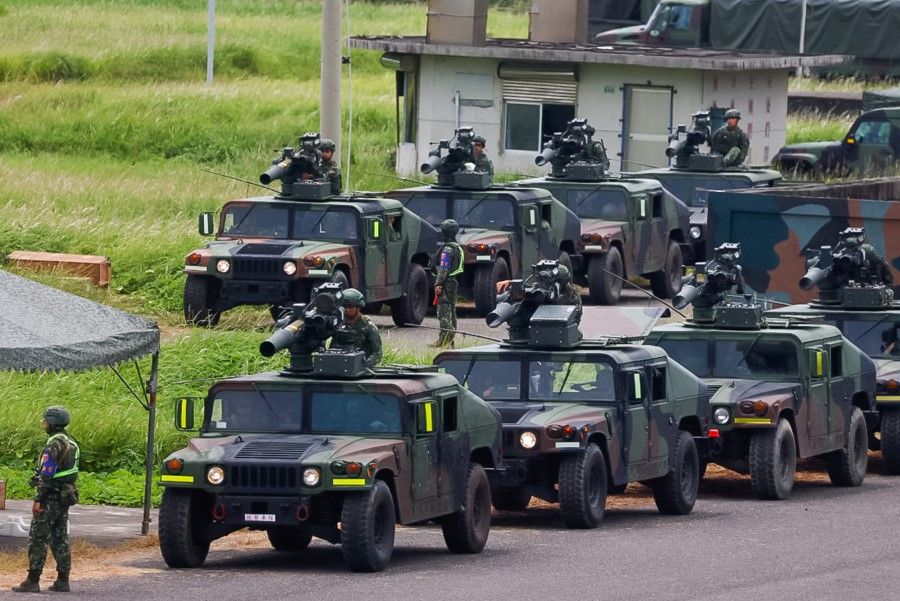
For now, it is unclear how the US views Gou's stand. According to Taiwanese media outlet TVBS, Gou's proposition to negotiate within the "one China" framework puts him in competition with Hou for the votes of KMT hardliners.
In response to Gou's views, the Mainland Affairs Council of the Executive Yuan said that there has never been a "one China" framework that "allows separate interpretations of what that means", instead "there is only a 'one China' principle, that was stipulated unilaterally by the CCP [Chinese Communist Party] and is intended to annihilate the Republic of China and annex Taiwan".
In another rebuke, well-known pro-Green political commentator Wang Hao told Gou to "stop lying" and claimed that neither China nor the DPP recognised the "1992 Consensus as 'one China' being open to each side's interpretation". In his Facebook post, Wang questioned how Lai would be able to cast aside such a 1992 Consensus, which did not, does not, and will never exist.
A-list campaign team
Previously, an article on the 1992 Consensus was published on 10 September 2022 in the Ren Min Zheng Xie Bao (《人民政协报》), the official publication of the Chinese People's Political Consultative Conference, to set the record straight. It emphasised that the Consensus mentioned "one China" but is not "open to each side's interpretation". The article also pointed out that in recent years, some senior KMT members amended the idea on the sly and came to refer to the Consensus as one with "one China" being open to each side's interpretation.
It is unsurprising that Gou's views were questioned by the pro-Green camp. His original intent is probably not entirely one of going after the support of the Blue hardliners, but more of laying the groundwork for his participation in the presidential election by spelling out the pro-unification take on cross-strait relations ahead of Hou and Ko.
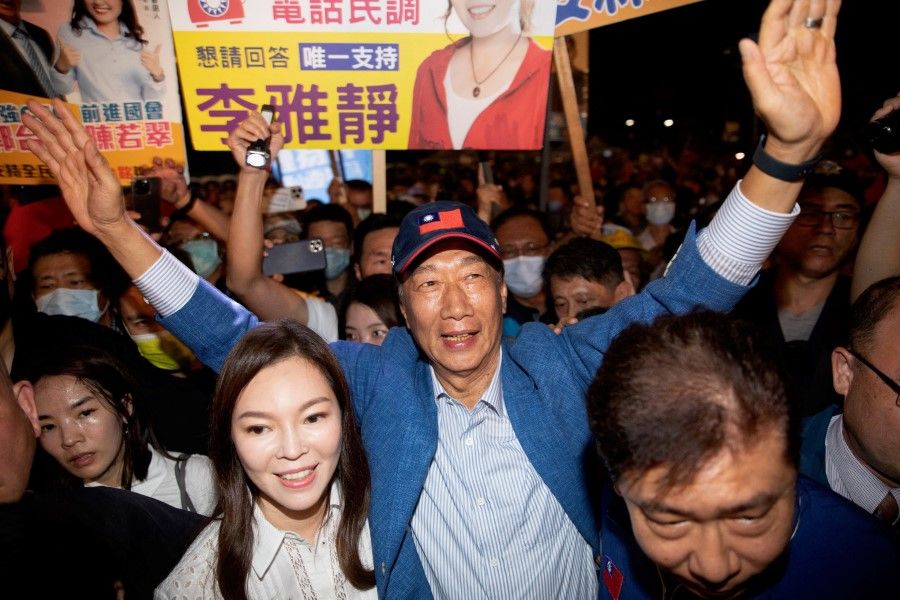
Gou's team also arranged a series of activities to boost his publicity, including nightly meetups with his supporters in Kaohsiung and Taichung over consecutive days. To endear himself to younger Taiwanese, the billionaire also participated in the recent Ketagalan Boulevard rally on housing issues. Furthermore, Gou's views on cross-strait policies appear to be the work of eminent media professionals.
On 18 July, Taiwan's Mirror Media reported that Gou's camp has been busy with recruitment lately. Veteran media professionals Sisy Chen and Yang Zhao who is the former editor-in-chief of The Journalist have become his strategists to set the tone for his political views. At the same time, Gou's camp has also approached local Blue factions with the powers to organise and mobilise supporters to garner sufficient nominations for his potential entry into the presidential election as an independent.
According to a source close to Gou's camp, Chen has been a trusted strategist of Gou's since he participated in the KMT's presidential election preliminaries four years ago. "Gou did not forget Chen, in fact she was one of the principal architects of his Kinmen peace declaration," the source said.
Now, the two of them frequently exchange their opinions and Chen is helping to recruit talent such as seasoned election campaigners into his team.
KMT settling differences
The Mirror Media article also mentioned that the situation around Gou's participation in the election will be clearer in August. Even though Gou failed to become the KMT's candidate for the presidential election, the lacklustre performance of Hou (who is the KMT's pick) in opinion polls means that Gou continues to draw interest.
The KMT chair Eric Chu said that he would not replace Hou, and this proved true when Hou's nomination was officially confirmed at the KMT's party conference on 23 July.
During the presidential election four years ago, Hou refused to head the city's campaign office for former Kaohsiung mayor Han Kuo-yu's presidential campaign. This angered Han's supporters and may have led to his low approval ratings in his current presidential bid. Hou apologised for his actions on 9 July and also at the party conference. Seeming to appreciate his gesture, Han cancelled a family vacation at the last minute and personally went to support Hou's campaign, demonstrating his warmth and sacrifice for the bigger picture.
During Hou's final speech at the KMT's party congress, Hou thanked the KMT's mayors and county magistrates for supporting him, and made a point to mention Han's contributions and sacrifices for the party. He added that he would always be reminded of Han's words to not forget how many people were suffering in the world. The KMT's top three "warriors", Han, Hou and Taichung City mayor Lu Shiow-yen, also took centre stage during the finale, greatly boosting the morale of the pan-Blue camp.
KMT chair Eric Chu said in his speech that in order to have a rotation of political parties in power, every force should be united, including the pan-Blue camp, the non-Green camp and the people who hope for a better Taiwan. He also mentioned that if the KMT returned to power, a governing coalition would be created.
Gou is a shrewd businessman and is playing a political game. If Hou's recent poll numbers improve significantly, Gou will be less willing to run as an independent candidate, which he sees as a "losing proposition". - Professor Jiang Minqin, Shih Hsin University
Gou going it alone?
Gou would have to submit his nomination papers by the 17 September deadline if he wishes to participate as an independent. If Gou's op-ed in the Washington Post signals his intent to continue with the presidency race, then his announcement to stand as an independent may come soon.
Prior to the party conference, he posted on Facebook that "public sentiment is always greater than party sentiment", and quoting Mencius: "Even if millions oppose, I will go my way." He added that he wanted to bring hope and change, and promised not to disappoint everyone. This move is seen as a break from the KMT, and there are rumours that he might announce his independent candidacy in August and complete the citizen endorsement before 17 September.
Jiang Minqin, professor at Shih Hsin University's Department of Journalism, told Lianhe Zaobao that Han Kuo-yu's active support for Hou You-yi is a good start in consolidating KMT supporters. However, polls will need to be observed for at least a week to confirm whether Han's supporters are willing to follow his call and shift their support to Hou You-yi.
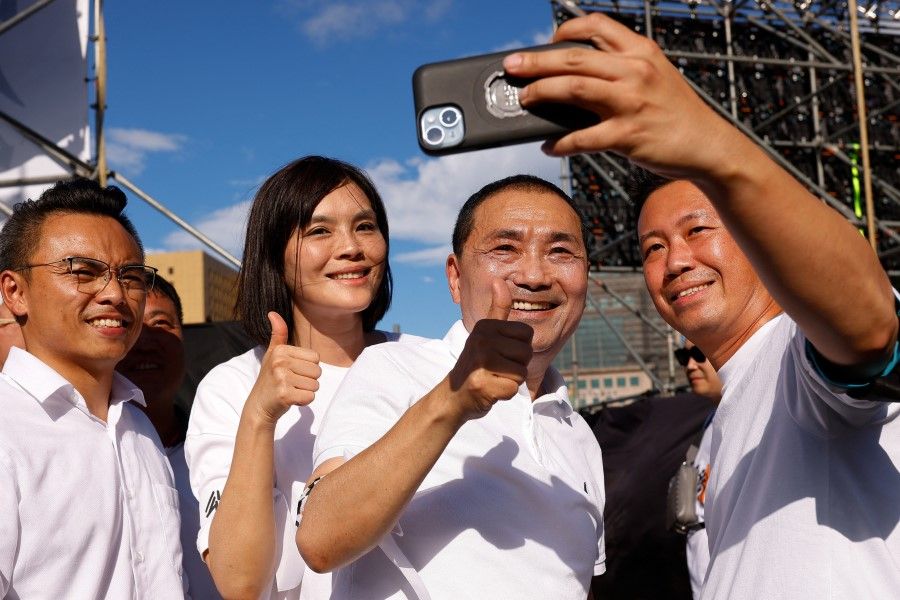
On Gou's potential candidacy, Jiang believes that Gou is a shrewd businessman and is playing a political game. If Hou's recent poll numbers improve significantly, Gou will be less willing to run as an independent candidate, which he sees as a "losing proposition".
He said that before their elections, incumbent and former presidents Tsai Ing-wen and Ma Ying-jeou respectively established their own think tanks to study Taiwan's future direction. However, Gou, despite having sufficient financial resources, has not invested in such efforts, indicating that his running for president is only a short-term proposition.
Jiang said, "When Gou says he wants to bring hope and change, it really means he is waiting to see who will come to negotiate with him, as anyone seeking victory will have to discuss conditions with him."
Terry Gou's entry to make it a four-corner fight will intensify the competition within the non-Green camp and allow Lai to reap the rewards, making his ascension to the presidency next January almost a certainty.
Expect dramatic turns
As it is, William Lai's three-corner contest with Hou You-yi and Ko Wen-je is already highly advantageous for Lai. According to most opinion polls, he has around 30% of the support among those polled, with Hou rounding up the bottom. Terry Gou's entry to make it a four-corner fight will intensify the competition within the non-Green camp and allow Lai to reap the rewards, making his ascension to the presidency next January almost a certainty.
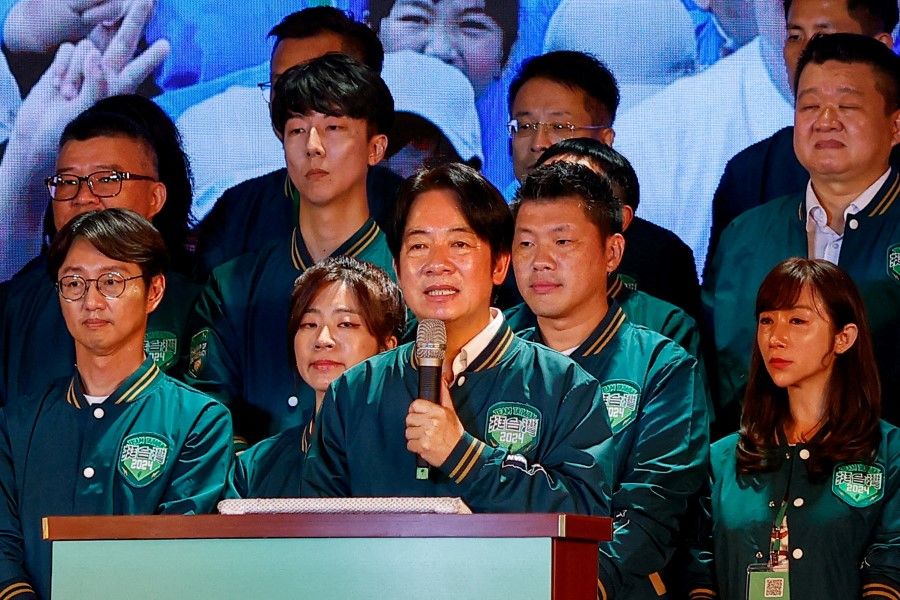
Ko is clearly banking on Hou's continued weakness despite the best efforts of the KMT to prop him up. With each passing day, Ko's position is strengthened and this gives him the upper hand when the KMT eventually decides to team up with his TPP to pose a stronger challenge for the presidency. If Gou throws his hat into the ring, he will dilute the support for Hou and Ko and scupper Ko's plans of dominating the non-Green alliance's bid. This would give rise to new possibilities within the non-Green camp as Ko, Hou, Gou and perhaps even Han Kuo-yu seek to join hands and consolidate.
For now, Gou has the potential to either be a kingmaker or sinner of the non-Green camp. Much depends on whether subsequent reshuffles within the camp allows all parties involved to stay on the same side and produce a pairing that can rival the DPP's bid. There are many variables in this process and potential for dramatic turns.
In any case, Gou's move means that we can finally sit back to enjoy the spectacle of the upcoming Taiwanese presidential election.
This article was first published in Lianhe Zaobao as "投书华邮,郭台铭独立参选起手式?" and includes updates from "国民党正式提名侯友宜参选 蓝军选情与在野整合仍充满挑战".
